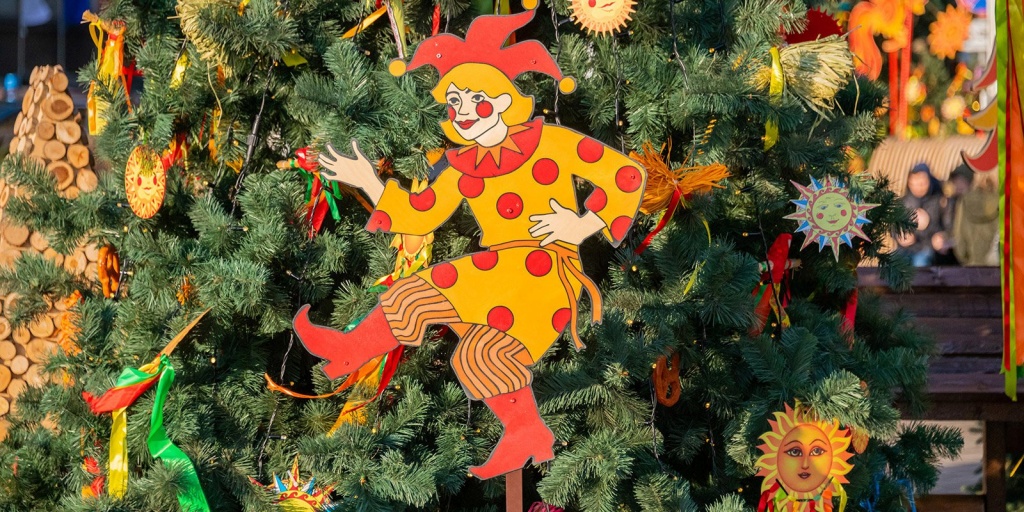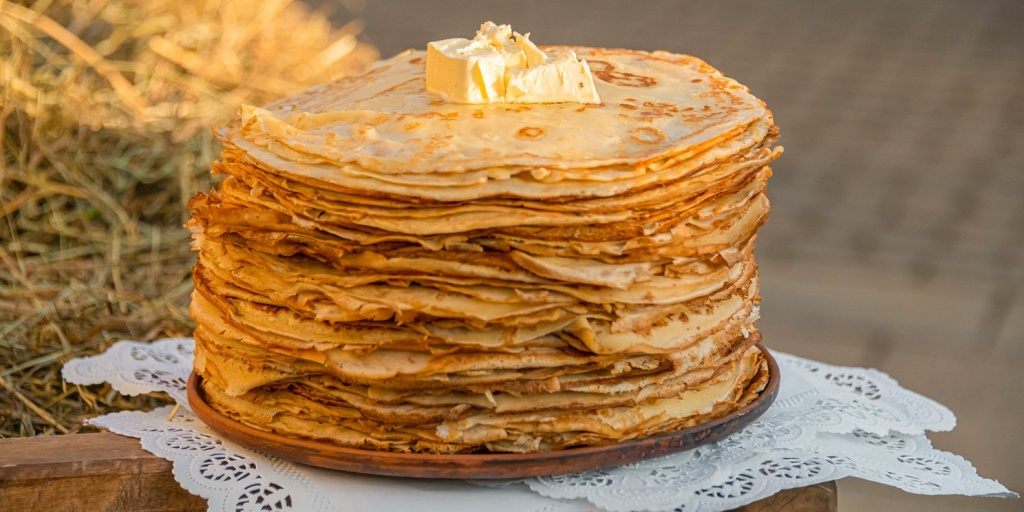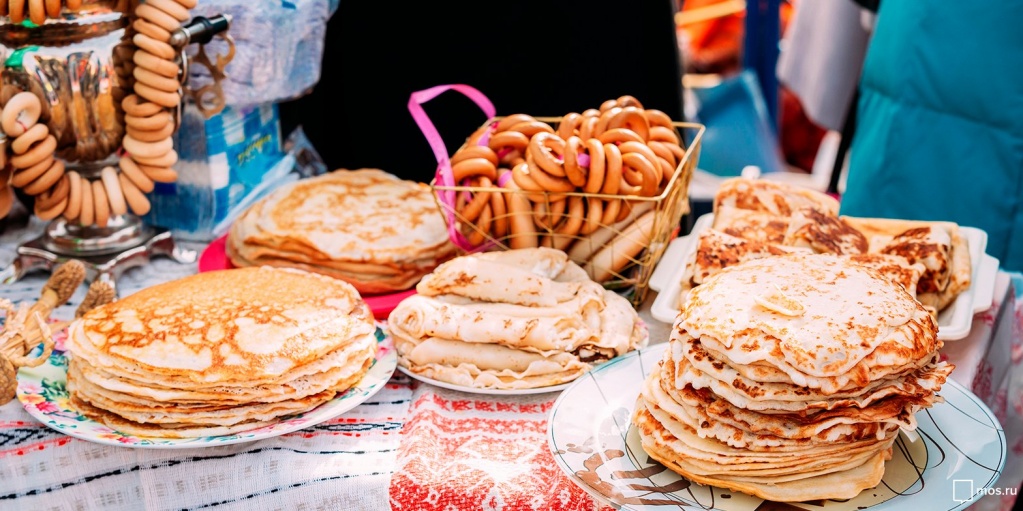Photo credit: russiancanadians.ca
Maslenitsa or Pancake Week begins on Monday, February 24, in Russia. Cultural events, folk concerts and culinary festivals will take place throughout the country.
Photo credit: mos.ru
Maslenitsa is an ancient Slavic holiday, which symbolizes seeing off of winter and the meeting of spring, TASS reports.
Maslenitsa dates back to pagan times, later the holiday became part of Orthodox culture. In the religious calendar it is called the Pancake Week and precedes the Lent (the Great Fast).
Photo credit: mos.ru
The butter, which gave the name to the holiday, represents wealth in the house, and pancakes symbolized the sun for the Slavs.
Photo credit: culture.ru
Each day of Maslenitsa Week has its specific purpose. For example, on Monday it is customary to build mountains out of snow, discuss the details of the holiday, build a scarecrow of Winter and carry it along the streets, as well as bake the first pancakes that needed to be given to the poor. Weddings are held on Tuesday, on Wednesday mother-in-law treats son-in-law with pancakes. On Thursday, chores stop and large-scale celebrations begin. The family spends Friday evening in a close circle. On Saturday, young daughters-in-law invite relatives of her husband to her, and on Sunday everyone asks each other for forgiveness for the offense inflicted over the year.
Photo credit: mos.ru
Russkiy Mir
reported that Moscow Maslenitsa festival kicked off last Friday. Events for children and adults are held at thirty venues in the framework of the festival.
Russkiy Mir






